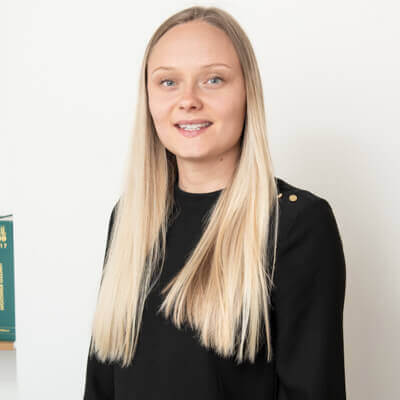Case study: dispute over beneficial interest and property ownership between mother and daughter
Our property litigation solicitors were recently instructed to help resolve a property ownership dispute between a mother and daughter.
Dispute about property ownership
Our client, Miss B, believed that the house she owned (property one) was beneficially hers, however, her mother’s position was that both she and Miss B were joint equal owners of the house. Her mother was also claiming in respect of a property previously solely owned by Miss B (property two).
Establishing ownership
Property one
Whilst both our client and her mother were the joint legal owners of the property, our client believed that the property was solely hers and relied upon the circumstances at the time the property was purchased to support this. This included the fact that the deposit had been gifted to her by her aunt and it was a lender requirement for her mother’s name to be on the mortgage and title. Miss B’s mother sought to enforce the signed transfer deed and therefore wanted 50% of the equity in the property.
Whilst an express declaration is usually only challengeable in limited circumstances, our client was of the understanding that her mother had to be a joint owner out of necessity at the time of purchase, as opposed to there being an intention of shared ownership. She believed that her mother had the same understanding, however, there was limited evidence available to rely upon and witness evidence from family members was something our client preferred to avoid, if possible.
Property two
Whilst this property was in Miss B’s sole name, her mother claimed an equal interest in the equity based on an alleged agreement between them that this property was a joint venture. Whilst Miss B accepted that her mother had gifted the deposit, and at times assisted with improvements and the management of the property, she did not agree that the property was ever a joint venture.
Ownership was further complicated by both properties having previously been Miss B’s main residence and then subsequently rented. Therefore, claims regarding rental income, maintenance and improvements were also part of the dispute.
Miss B and her mother also had property portfolios and were in the ‘business’ of renovating and letting properties; a factor which was also relevant, along with family members being gifted deposits and properties. Therefore, neither property was an isolated purchase in the context of this family.
Our client’s mother initially sought to settle matters on the basis that one property was transferred to her in return for no claim against the other.
Whilst this may seem reasonable, this would result in a significant loss to our client in respect of what they believed they owned. Furthermore, Miss B’s mother’s position was contradictory:
- Regarding property one, Miss B’s mother argued the transfer deed represented the ownership of the property (50/50). She was therefore seeking to enforce the transfer deed and disagreed with our client’s position that there was an understanding between the parties that the ownership was different from the transfer deed.
- Regarding property two, Miss B’s mother argued the transfer deed did not represent the true ownership of the property.
Her mother therefore disputed the transfer deed and argued that there was an understanding between the parties that the ownership was different from the transfer deed.
Mediation and early disclosure
Our property litigation solicitors assisted Miss B in resolving the dispute, collating evidence and advising on settlement. With counsel’s input, we advised our client that disclosure of evidence and mediation would be the best way forward.
Mediation is often incredibly beneficial in litigation cases; it is a cost-effective and efficient method for resolving disputes. Our lawyers usually recommend that clients try to resolve a dispute using mediation if at all possible.
Early disclosure provided both parties with the evidence each would rely upon and allowed an assessment of their prospects before proceedings were issued. It also narrowed the points of dispute for mediation.
Mediation and early disclosure also saved lengthy non-progressive litigious correspondence, without knowledge of evidence. This was particularly important where the points of dispute were financial and heavily relied upon evidence.
Settlement
Miss B and her mother reached a settlement at mediation, bringing a suitable resolution to the dispute without the need for court proceedings.
Our Conveyancing team has assisted with post-settlement work.
Contact our property litigation solicitors
If you’re unsure what your legal rights are when it comes to joint ownership of a property, contact our property litigation experts on 0117 325 2929 or fill out our online enquiry form.

